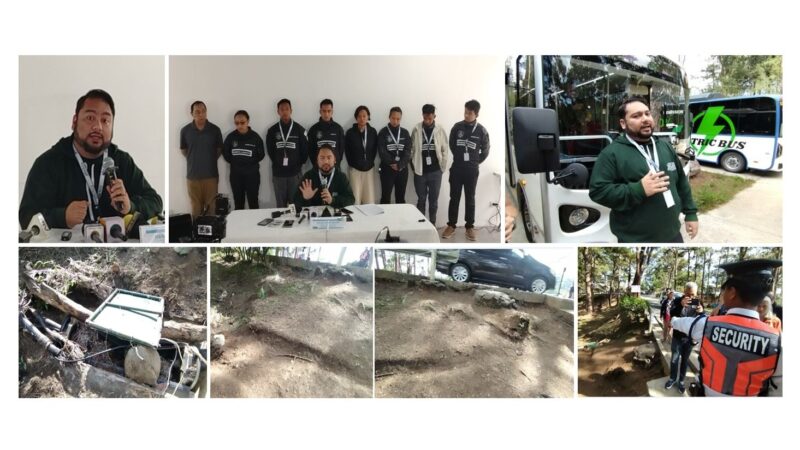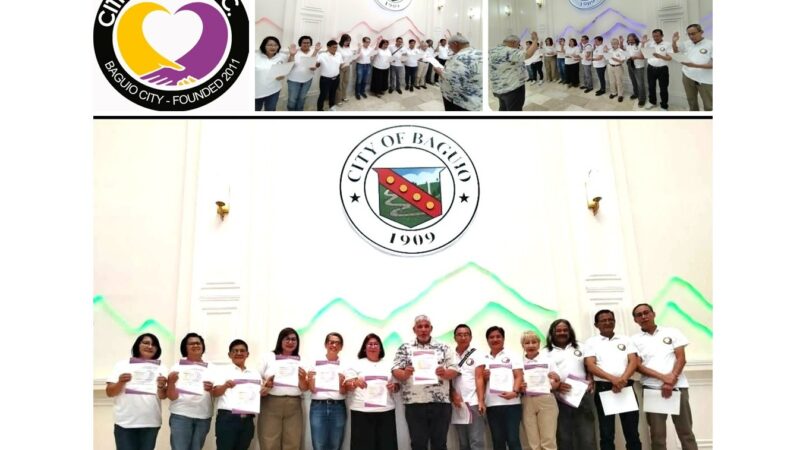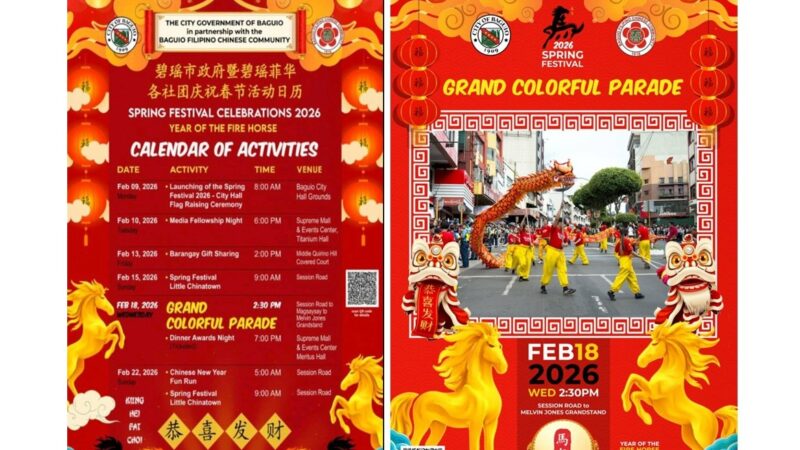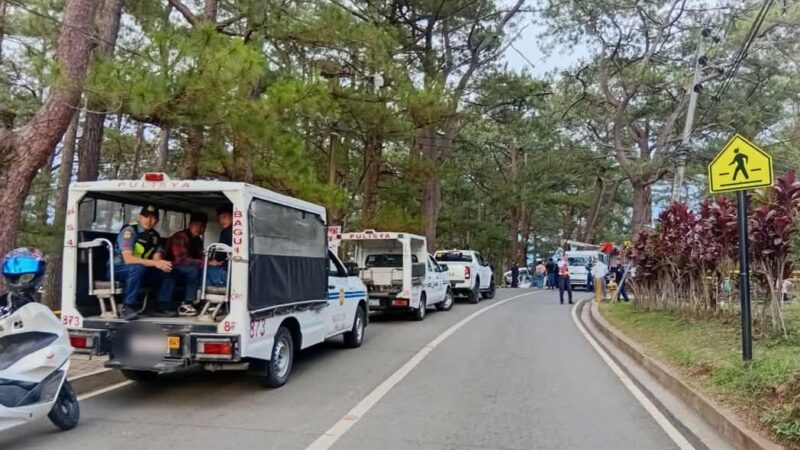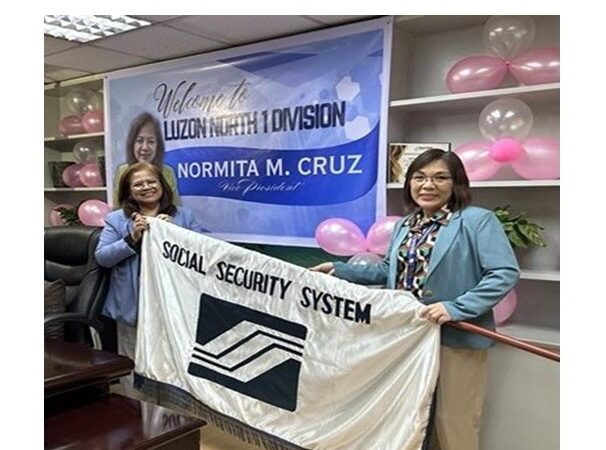Circular economy project presented to new officials
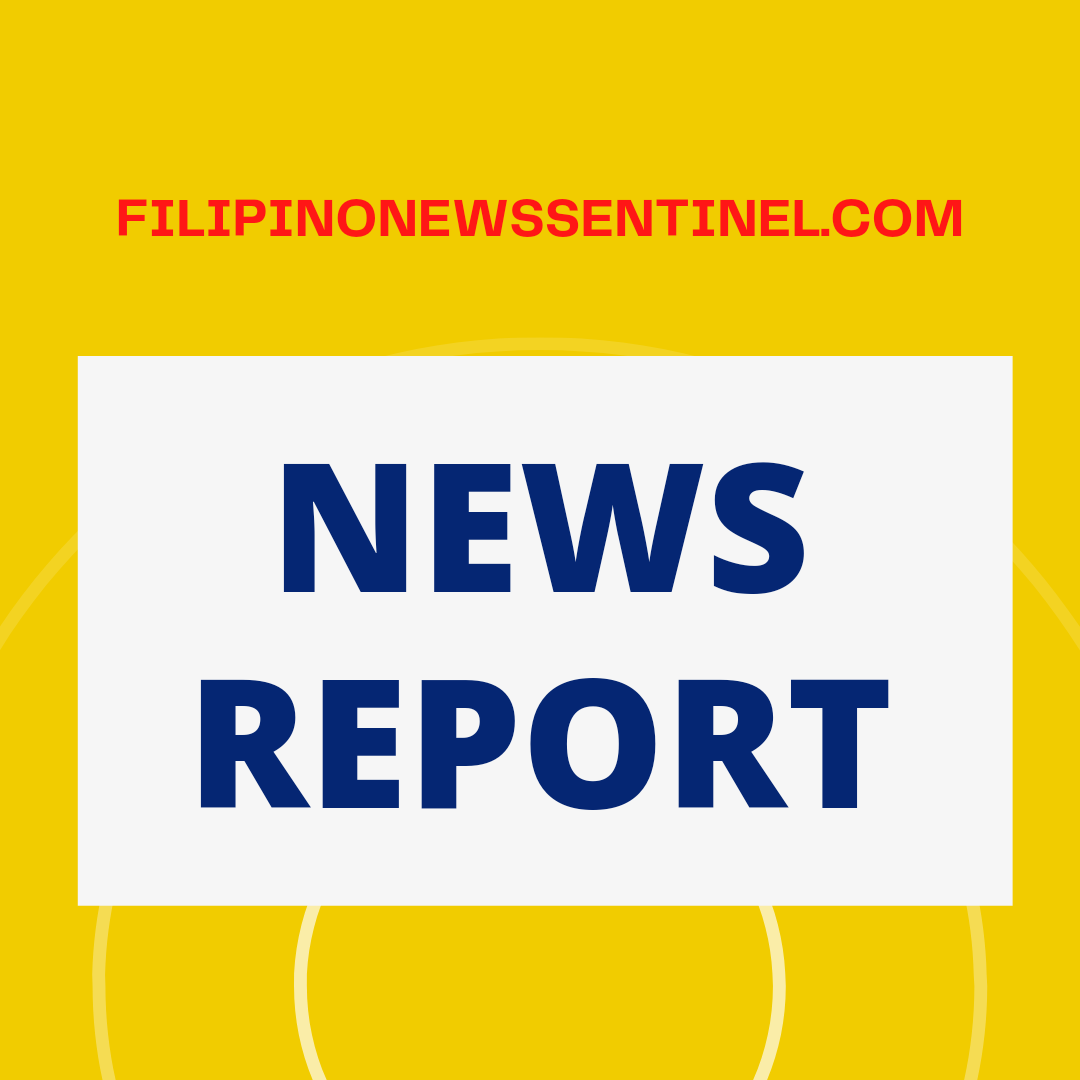
The city government’s commitment to sustainability took a major leap forward with the formal launch of its Circular Economy Project, ‘Pansa-Nopen Tayo’, on January 31, 2025, as part of the Green LGU Project funded by the European Union and implemented by United Nations Development Programme (UNDP) Philippines in partnership with the Department of Environment and Natural Resources and Department of Interior and Local Government.
The project outlines a 3-year action plan built on three priority portfolios: Bida sa Barangay, Green Education, and Green Tourism which the City Council approved on its 1st reading of the Circular Economy Ordinance in March 2025, according to City Mayor’s Office chief-of-staff Samantha Jean Hamada said in her presentation of the State of Local Governance Report at the regular Executive-Legislative meeting, July 14, at City Hall, aimed at briefing newly-elected local officials.
“Through ‘Bida sa Barangay’, we are enhancing Materials Recovery Systems and improving plastics and organic circularity in seven pilot barangays. We’ve also partnered with Barangays Irisan, Dontogan, and North Sanitary Camp for the establishment of Black Soldier Fly Facilities. For Green Education, we are integrating circular economy concepts into school curricula,” she said.
She said the Green Tourism portfolio promotes responsible behavior among tourists and supports supply-to-table partnerships with local hotels and restaurants as the city coordinated with Newtown Hotel on formalizing the role of the informal waste sector in their waste management system.
“We are preparing the Smart City- Net Zero Roadmap of the City for 2030, using data analytics and sensing systems to monitor our environment. We’ve recognized the need to adopt the green infrastructure, leading us to discuss a net zero ordinance with the City Council and establish a net zero investor’s alliance,” Hamada disclosed.
In the city’s efforts to improve wastewater and hazardous waste management, Baguio gained significant recognition in January 2025 when it received the Sustainable Alliance Award from the Eco-Waste Coalition.
Under the Asian Development Bank’s (ADB) Water Operators Partnerships for Resilience, the city was mentored by IWK Malaysia, receiving hands-on training in Sewage Treatment Plant (STP) monitoring, energy efficiency, and stakeholder engagement, she said.
“Further advancing our wastewater innovation, the city secured a grant from the Japan International Cooperation Agency (JICA) and FujiClean Company, Ltd. to construct a decentralized sewage treatment plant using Johkasou Technology at the City Engineering Office grounds,” Hamada revealed.
She said the city established two solar-powered hydroponics in Pinsao Proper and Dontogan barangays operated by farmers’ associations, six small-scale hydroponics demo farms in five barangays, four greenhouses for strawberry runner production and two ventilated seedling nurseries for fruit trees and strawberry and five community/school seedling nurseries supporting urban gardening and the ‘Gulayan sa Paaralan’ Program. – Gaby B. Keith

